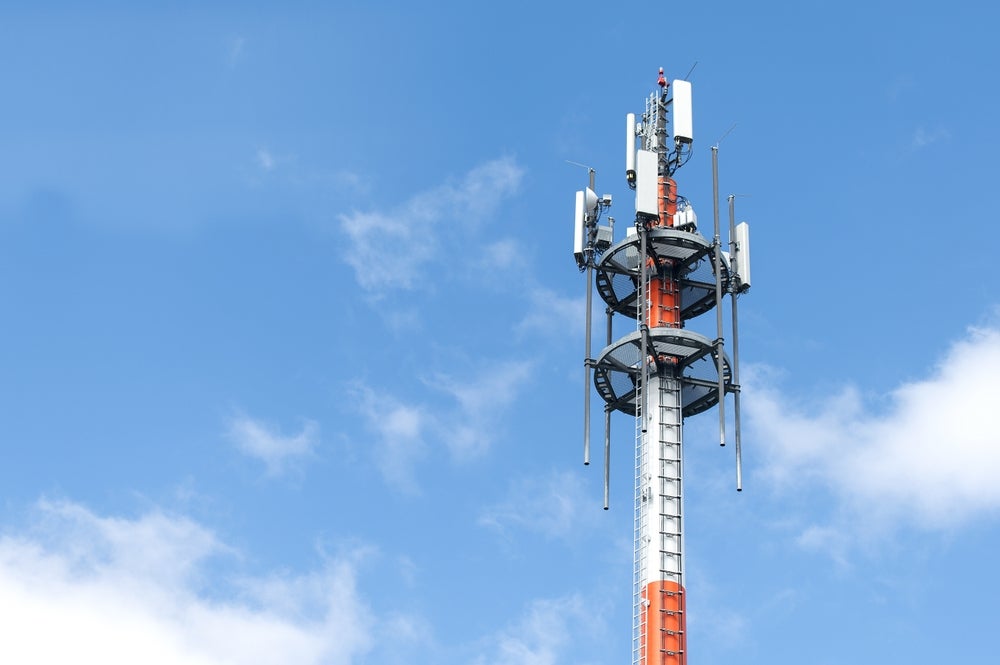
US tech giants will try to present a united front in Washington today as questions bubble around the role of tech companies in alleged Russian election interference last year.
Russian operatives are now known to have used the ad services of the biggest Silicon Valley companies to meddle in US politics and lawmakers want to know why more wasn’t done to recognise and respond to efforts to sow discord during the election.
Social media titan Facebook’s general counsel Colin Stretch will testify about Russian activity alongside Sean Edgett, Twitter’s general counsel later toady.
Google is sending its director of law enforcement and information security Richard Salgado, for today’s hearing with a Senate judiciary subcommittee. And tomorrow Kent Walker, Google’s general counsel, will testify before the intelligence committee, which is conducting one of several probes into Russian election interference.
Meanwhile, Washington is cowering under the threat of imminent arrests in relation to Russia’s interference in the 2016 election and alleged collusion by president Donald Trump’s associates after the federal grand jury in the Russia investigation approved its first charges late last week.
Trump and his team deny any wrongdoing, and so far there is no conclusive evidence from Mueller’s closely held investigation or several congressional probes of nefarious links with the Russians.
How well do you really know your competitors?
Access the most comprehensive Company Profiles on the market, powered by GlobalData. Save hours of research. Gain competitive edge.

Thank you!
Your download email will arrive shortly
Not ready to buy yet? Download a free sample
We are confident about the unique quality of our Company Profiles. However, we want you to make the most beneficial decision for your business, so we offer a free sample that you can download by submitting the below form
By GlobalDataTech companies have already begun to try to head off further congressional interference in their business.
Facebook last week said it will begin disclosing more about political ads, aligning ad rules to that of TV networks. Meanwhile, Twitter unveiled similar disclosure plans for political ads and said it would ban media companies Russia Today and Sputnik from advertising on its site.
The companies are hoping the moves will prevent intervention into how they accept ads.
The trade group Interactive Advertising Bureau (IAB) — which counts the tech firms among its members — has argued against further legislation of the companies.
Earlier this month the Honest Ads Act was introduced, forcing digital platforms with 50m or more unique monthly users to provide data on campaigns that spend at least $500 on political ads a year. Such platforms are currently exempt from similar regulations imposed on TV and radio outlets.
President Randall Rothenberg said at a House Oversight Committee last week:
Real reform, durable reform, can only happen when the digital advertising community adopts tougher, tighter controls for who is putting what on — and underneath — its sites. One of the problems I have with the Honest Ads Act is it’s placing the burden on smaller publishers that don’t have the financial wherewithal to shoulder that burden.
Meanwhile, The Internet Association, another trade group with a smaller pool of members that include Facebook, Google and Twitter, has not released a position on the bill.
Michael Beckerman, president of the Internet Association, said:
Everybody understands this is an important issue in need of a solution. IA and our member companies are engaged with stakeholders to bring transparency to online political ads and ensure there’s no foreign interference in our elections.







